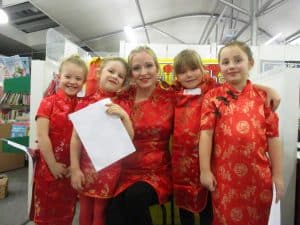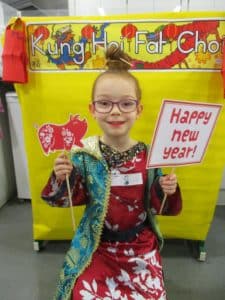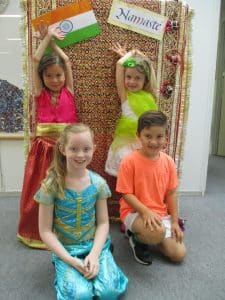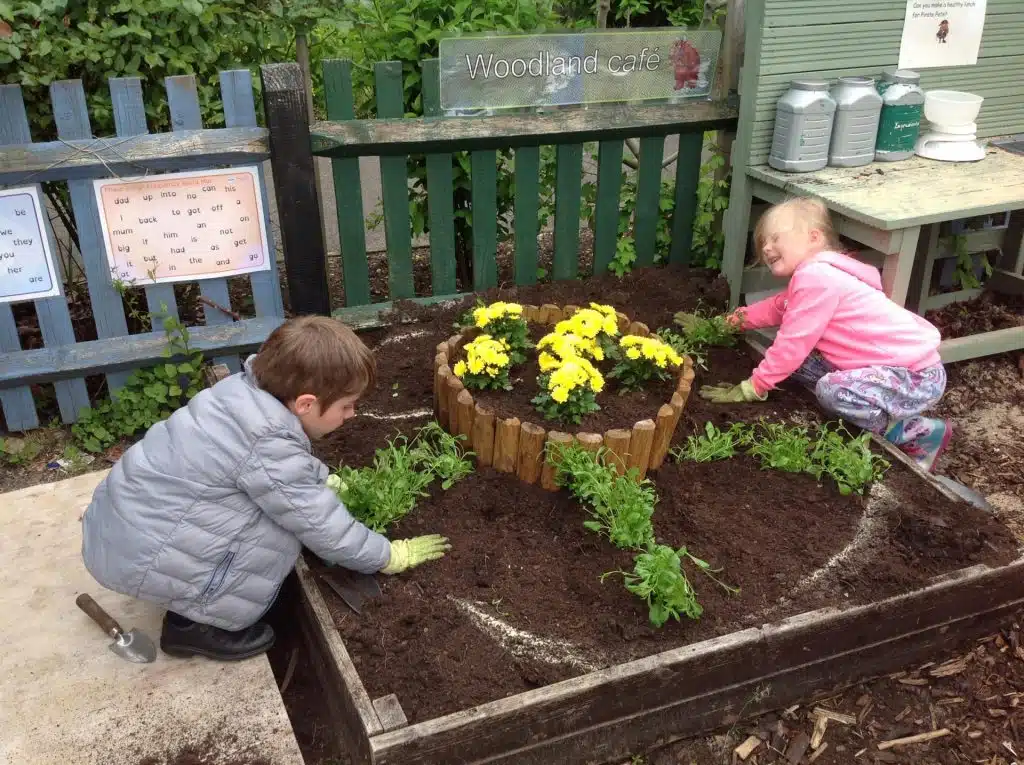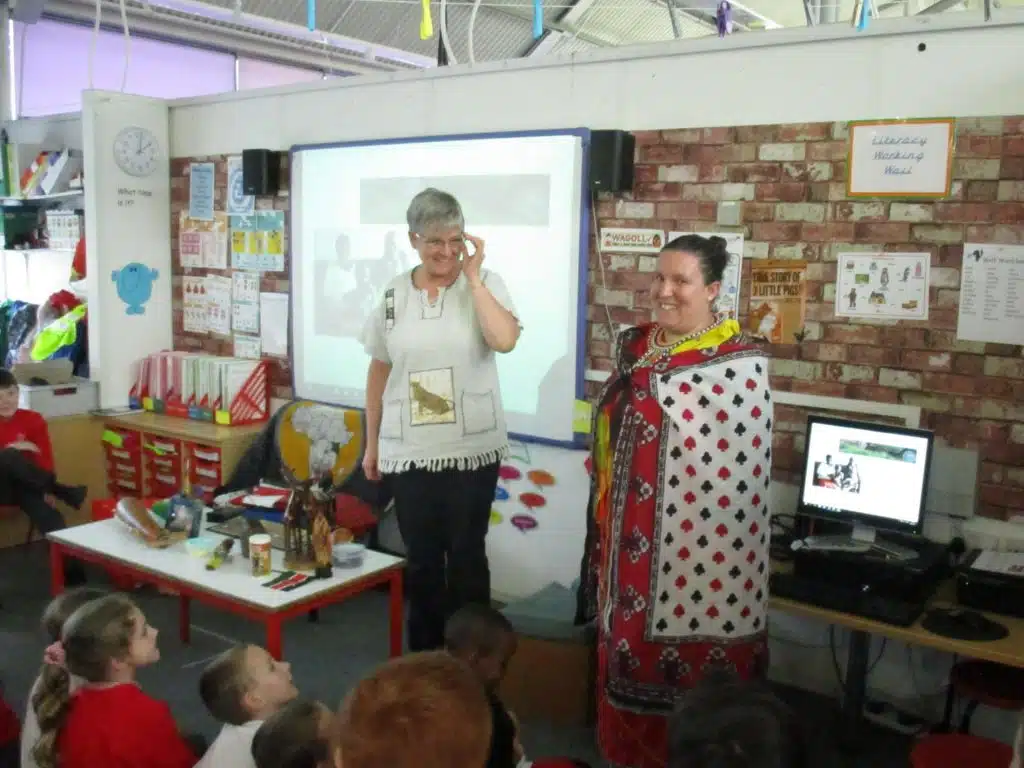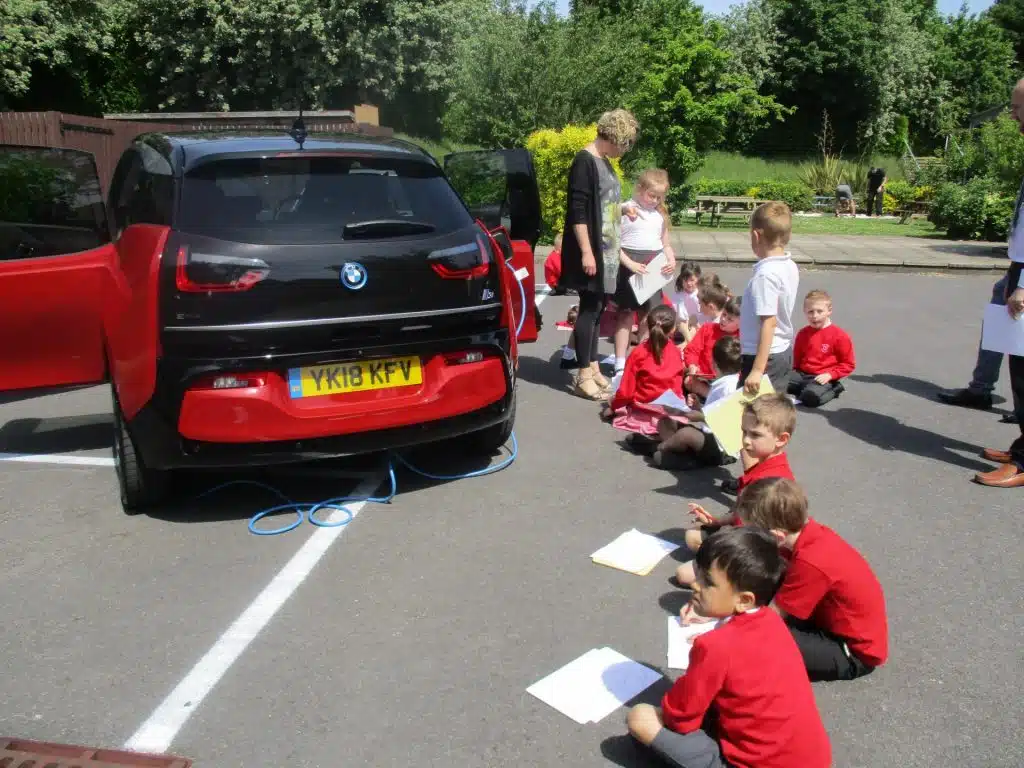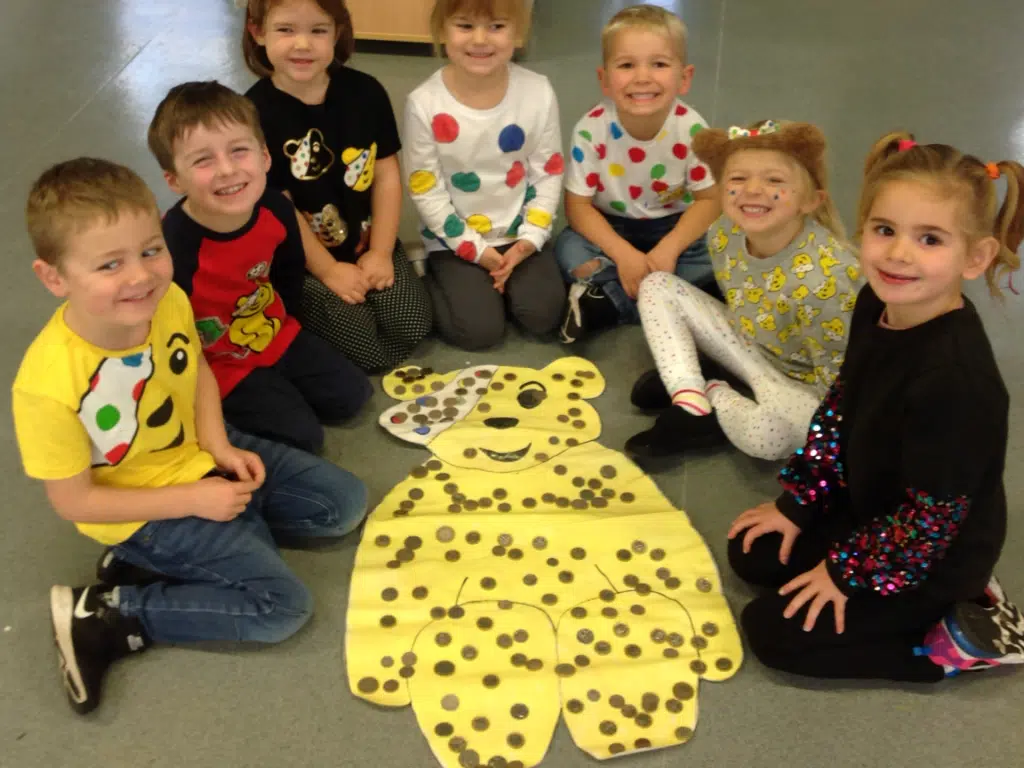Spiritual, Moral, Social and Cultural
Intent
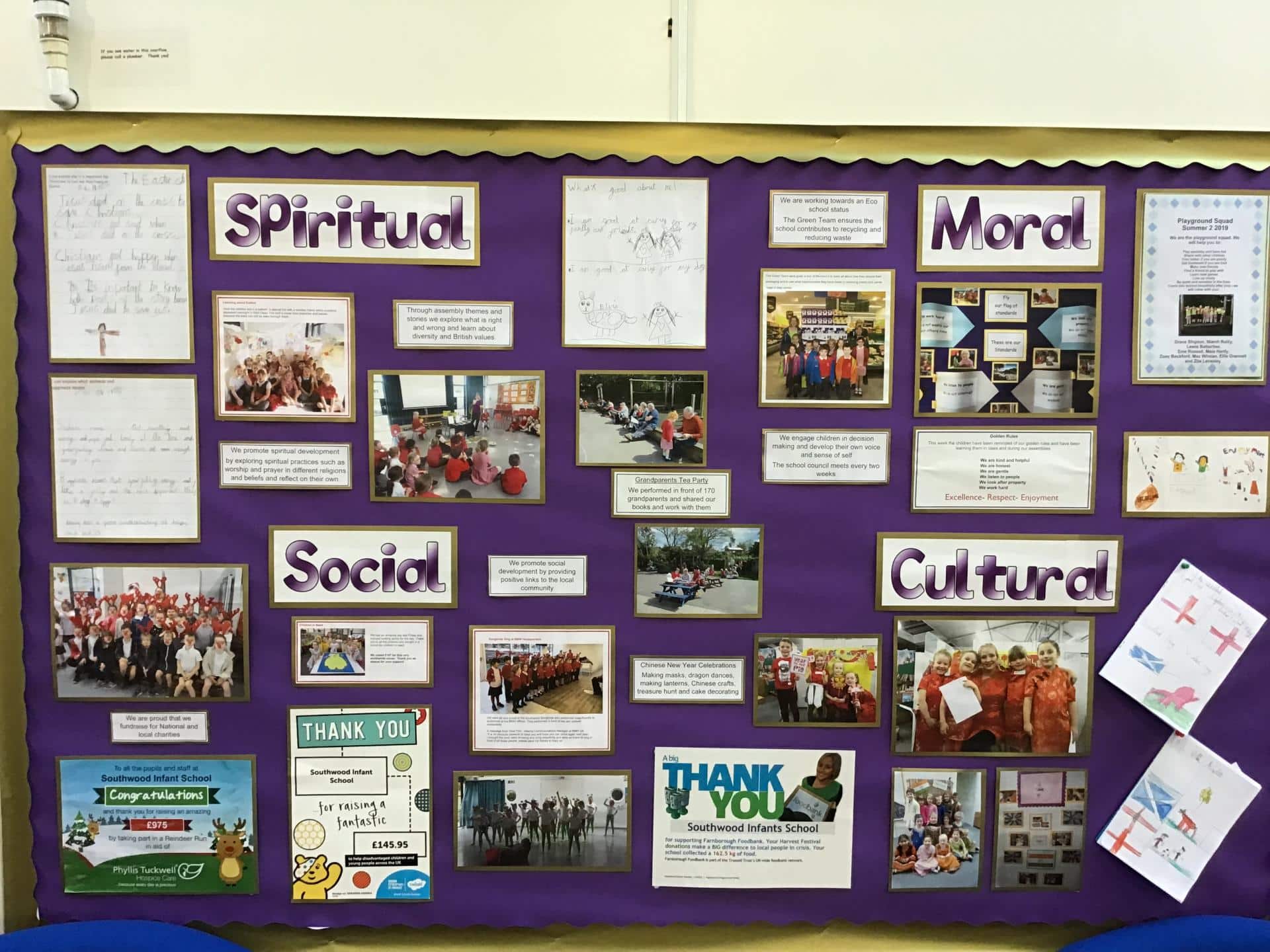 At Southwood Infant School the promotion of pupils’ spiritual, moral, social and cultural education is considered to be ‘a whole school issue’.
At Southwood Infant School the promotion of pupils’ spiritual, moral, social and cultural education is considered to be ‘a whole school issue’.
Spiritual, moral, social and cultural development is promoted not only through assemblies and all the subjects of the curriculum but also through the ethos of the school and through the development of positive attitudes, values and planned time for reflection.
All adults in our school model and promote expected behaviour, mutual respect and an appreciation of diversity. Relevant issues are explored through the curriculum, both in planned ways and through incidental opportunities. The principles of SMSC run through all aspects of school life, including casual interactions, and through many areas of policy and practice, including the management of behaviour, promotion of equalities, and having a wide-ranging and exciting curriculum which inspires children to find out more about the world in all its variety.
Mrs Wisken, SMSC Leader
Implementation
|
|
|
|
Teaching and Organisation
Practical activities to develop SMSC will include: Class discussions and circle time which will give pupils opportunities to:
- Talk about personal experiences and feelings.
- Express and clarify their own ideas and beliefs.
- Speak about difficult events, e.g. bullying, death etc.
- Share thoughts and feelings with other people.
- Explore relationships with friends/family/others.
- Consider others’ needs and behaviour.
- Show empathy.
- Develop self-esteem and a respect for others.
- Develop a sense of belonging.
- Develop the skills and attitudes that enable pupils to develop socially, morally, spiritually and culturally — e.g. empathy, respect, open mindedness, sensitivity, critical awareness
Other curriculum areas provide opportunities to:
- Listen and talk to each other.
- Learn an awareness of treating all as equals.
- Agree and disagree.
- Take turns and share equipment.
- Work cooperatively and collaboratively.
- Work together in different groupings and situations.
- Encourage the children to behave appropriately at meal times.
- Take responsibility e.g. Yellow hat playground squad, class monitors, register monitors, delivering messages and looking after younger children. Encourage teamwork in PE and games.
- Show appreciation of the performances of other children regardless of ability.
- Listen to music from different composers, cultures and genres
- Meet people from different cultures and countries.
- Participate in a variety of different educational visits.
- Take part in live performances.
- Collective worship themes will explore important aspects of our heritage and other cultures e.g. festival days, the patron saints and national celebrations.
- Study literature and art from different cultures supported by visits from writers and artists and participating in workshops.
- Give children opportunities to hear and see live performances by professional actors, dancers and musicians.
- Participate in traditional English country dancing as well as dance from other cultures.
- Make and evaluate food from other countries.
- Listen to music and learn songs from different cultures and play a range of instruments including steel pans and samba.
- Study the contributions to society that certain famous people have made.
Links with the wider community
- Visitors are welcomed into our school.
- Links with the local church are fostered and half term assemblies are led by our local vicar and Gateway.
- The school will support the work of a variety of charities.
- The development of a strong home-school agreement is regarded as very important, enabling parents and teachers to work in an effective partnership to support the children.
- Children will be taught to appreciate and take responsibility for their local environment.
We have had an amazing, spotty day. Thank you to all the children who bought in a pound for children in need.
We raised £137 for this very worthwhile cause.
|
|
|
|
|
|

